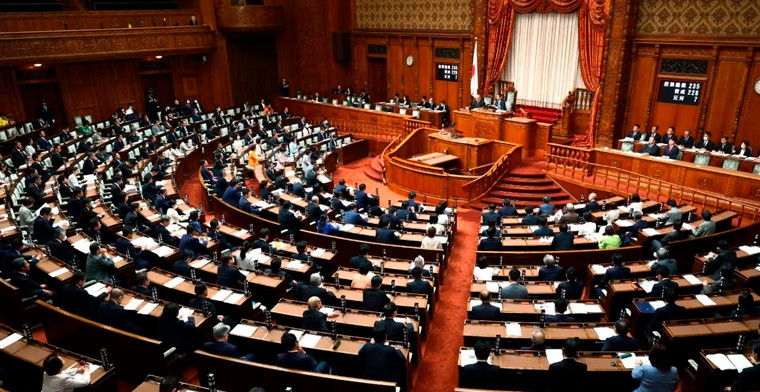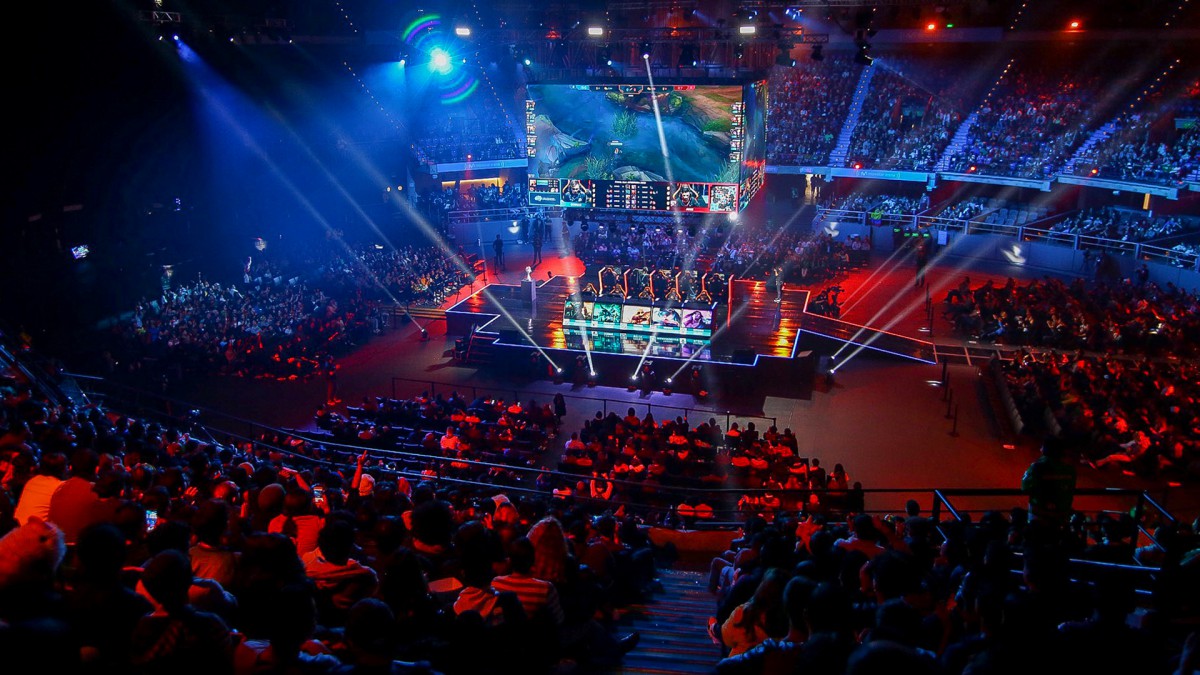Kenya’s Betting Control and Licensing Board has introduced strict new regulations banning the use of celebrities and influencers in gambling advertisements. This move comes after a 30-day suspension on gambling ads and is aimed at protecting vulnerable groups from the harmful effects of gambling promotions.
The authority made it clear in a notice released on Thursday that ads must not glamorise betting or suggest it leads to wealth. “Gambling adverts shall not glamorise betting or use celebrities, influencers, and content creators to endorse or promote gambling,” the board stated.
BCLB developed the new rules with support from a multi-agency task force including the Ministry of Interior, the Attorney General’s Office, the Communications Authority, Kenya Revenue Authority, DCI, Kenya Film Classification Board (KFCB), Media Council of Kenya, and the Financial Reporting Centre. The goal is to reduce exposure to minors.
Stricter Approvals and New Ad Limits
Under the new regulations, all gambling ads must be approved by the BCLB and classified by the KFCB before distribution. Media outlets are barred from publishing or airing unapproved ads. Violators face penalties, including the possible suspension or cancellation of licenses.
The board also banned the use of former winners in ads, stating that this can mislead the public into thinking gambling is a reliable way to make money. All ads must now include the operator’s credentials.
Additionally, every gambling ad must carry the message “Gambling is addictive! Play responsibly!” along with the age restriction not for persons under 18 years of age. Ads must also state that the operator is authorised and regulated by the Betting Control and Licensing Board.
Ban on Outdoor Promotions and Roadshows
Outdoor advertising has also come under tighter control. Operators are only allowed to use electronic billboards, with a limit of two ads per hour per operator. Formats like wall branding and bus wraps are no longer permitted. Also, roadshows promoting gambling have been banned completely.
Print ads are restricted to two per week and must appear only in the sports section of newspapers. At least 20 percent of the ad space must be dedicated to responsible gambling messaging.
Furthermore, testimonials, jingles, calls to action, and other catchy phrases that influence emotions have been prohibited. These elements, referred to as worthy mentions by the board, are considered misleading and unwanted in the new advertising framework.
Digital Platforms Must Comply or Face Penalties
Digital marketing platforms also face strict new requirements. Social media platforms must verify users’ ages and prevent underage exposure to gambling ads. Any digital marketing targeting vulnerable groups or violates these rules is illegal.
“All media outlets shall adhere to the Code of Conduct for Media Practices, 2025,” the BCLB said. Violations could result in license cancellations for betting operators and media houses. These reforms aim to reset how gambling is marketed in Kenya by putting public safety and accountability first.

 Companies
Companies 





